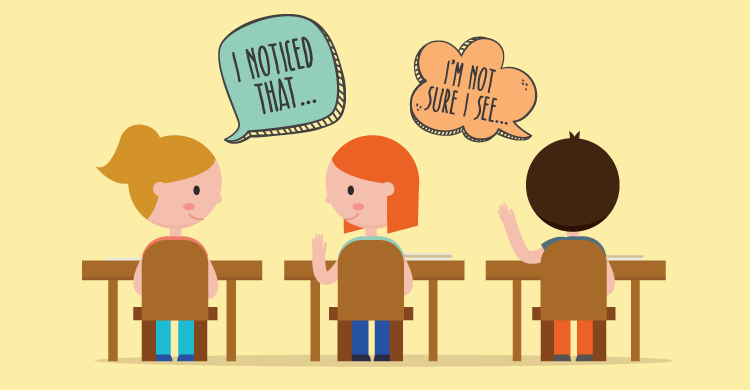Peer Response 1 – Bruce Mao
I completely agree that Open Pedagogy shifts the focus from passive learning to active participation. However, I feel that it also encourages learners to see themselves as contributors to the broader educational community. For example, a powerful application of Open Pedagogy could involve students creating content that remains accessible to future cohorts. As a student, I’ve found that this type of participatory learning builds a sense of ownership over my education. OER is undeniably a game-changer for accessibility and affordability in education, but its impact goes beyond cost savings. For example, in a course I took on dramatherapy, our professor used OER to incorporate various case studies to complement what is lacking from traditional textbooks. I’ve often also supplemented my own learning with openly available lecture notes or videos from other institutions. However, one challenge I’ve encountered is that not all OERs are created equal. Like some materials may need further validation. Therefore, it is super important to always verify what you find online.
Peer Response 2 – Livia
I completely agree with your description of open pedagogy as collaborative and student-centered. I’ve found that this approach democratizes the classroom. In traditional education, knowledge often flows in one direction. Open pedagogy flips this model and creates a more dynamic exchange where students become active participants in constructing knowledge. For example, in a creative arts intervention course I took, my team created an open-access glossary of terms related to the subject. It was not only a great learning experience for us but also a resource for future students. You’ve also done a great job outlining the global trends and highlighting both the challenges and opportunities associated with OER. While OER makes education theoretically accessible, the lack of stable internet or devices in some regions undermines its potential. Initiatives like offline-accessible resources or mobile-optimized content could help bridge this gap. On the flip side, the opportunity for global collaboration is immense. Platforms like OER Commons allow educators and students worldwide to share resources. By embracing open resources and practices, we’re not only enhancing individual learning experiences but also contributing to a more equitable global education system.
Peer Response 3 – Andy Hu
Your post does an excellent job of breaking down the concepts of Open Pedagogy and Open Educational Resources (OER) and connecting them to the larger goals of inclusivity, accessibility, and collaboration in education. I would like to add to what you say. One additional way Open Pedagogy can be impactful is by empowering students to contribute to open repositories that benefit wider audiences. Also, it prepares students for the workforce by mirroring co-creation in the real world. When I started working, I realized that most organizations now are hybrid or remote work. We use tools like Microsoft 365 to collaborate. Additionally, your breakdown of the key attributes of Open Pedagogy provides a great framework for understanding its power. The most important attribute I find is transparency. I’ve had professors who included students in discussions about grading rubrics, and it created a sense of ownership and fairness in the evaluation process. This approach also mirrors the openness we strive for in professional settings.
